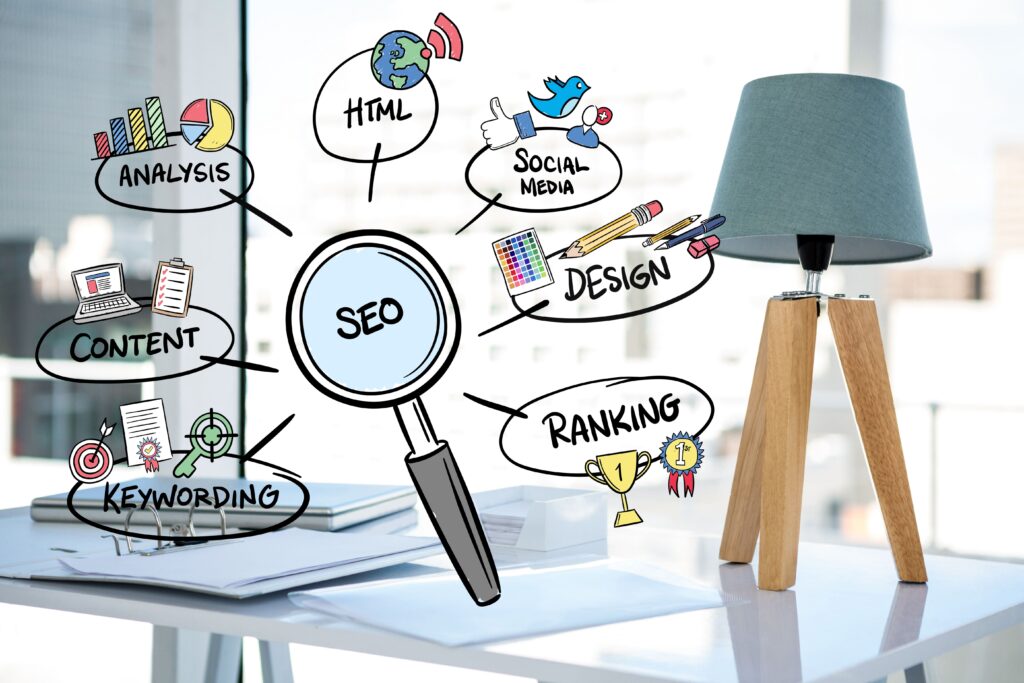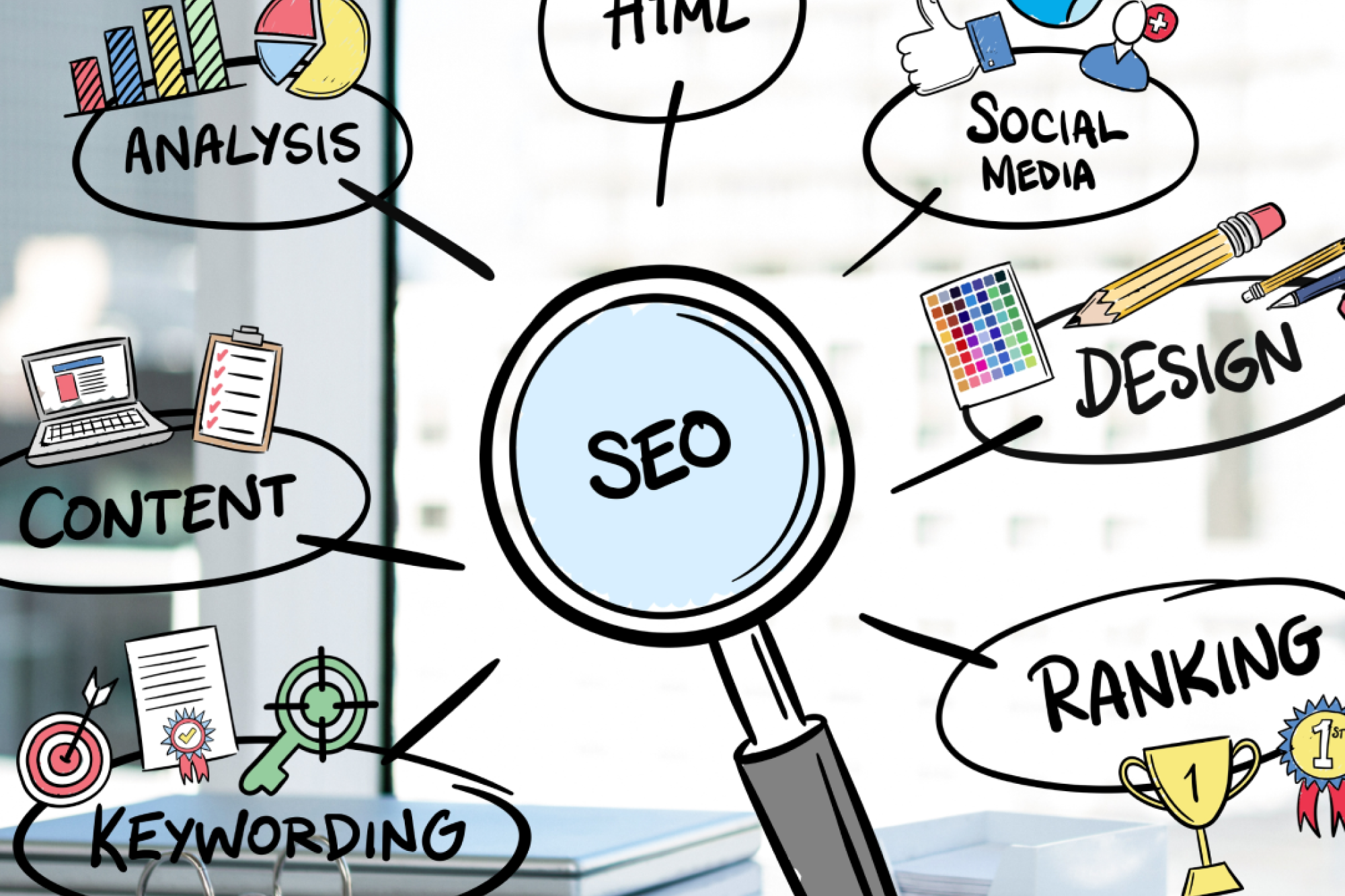In 2025, operational efficiency is no longer the only factor driving business growth; your teams’ ability to pick things up quickly, adjust, and develop is now what matters most. A strong learning system is essential for training remote teams, coordinating new hires, and guaranteeing departmental compliance. However, not all organisations can benefit from every solution. Your training objectives, staff composition, and business model will all be perfect with the ideal learning management system (LMS).
This tutorial explains how to choose the best learning management system (LMS), how much LMS costs, and how MetroMax BPM can help your company with B2B eLearning platforms and scalable, seamless enterprise learning solutions.
What Is An LMS And Why Is It Important?
A Learning Management System (LMS) is a software tool that enables businesses to design, implement, oversee, and monitor learning and development initiatives. It guarantees a consistent learning environment, expedites staff training, and monitors progress.
Key advantages of an LMS include:
- A Central Location For Learning: All educational materials, including videos, modules, tests, and certifications, are centralised on a single digital platform that is accessible from any device or location, known as LMS.
- Support For Remote And Hybrid Training: Ensure that employees remain in compliance with company objectives by providing regular training opportunities, irrespective of their location.
- Progress And Compliance Monitoring: Use automated reporting to keep tabs on student performance, keep tabs on certifications, and adhere to industry-specific training standards
- Rapid Onboarding: Reduce the time and effort required to onboard new hires by automating procedures and providing standardised training.
- Scalability For Business Growth: As your company expands, you can quickly add more teams, users, or departments without having to deal with more administrative work with an LMS.
Businesses that make investments in robust enterprise learning solutions see increases in employee performance, compliance, and knowledge retention.
What Factors Should You Consider When Choosing An LMS For Your Business?
The ideal training management system/LMS should align with your business procedures, user experience requirements, and learning objectives.
Crucial elements to take into account:
- User-friendliness For All Users: Choose a user-friendly interface that gives students a seamless and interesting experience while making it easier for administrators to create, navigate, and track courses.
- Numerous Options For Customisation: Many options for customisation are available in an LMS, including industry-specific modules for your workforce, multilingual content, personalised learning pathways, and support for custom branding.
- Accessibility To Mobile Learning: Select a responsive platform that makes learning possible anywhere, at any time, by enabling users to access content from desktop computers, tablets, or smartphones.
- System Integration Capabilities: System integration capabilities include the ability to integrate existing software, such as payroll software, CRM platforms, HR systems, and communication tools, seamlessly for synchronised operations.
- Advanced Reporting Tools: Automated reporting features and real-time dashboards that provide information on performance analytics, training completion rates, and learner engagement.
- Robust Security And Compliance Features: This includes user access controls, data encryption, and adherence to privacy laws like GDPR and HIPAA to safeguard private employee data.
How To Choose The Right LMS For Your Business
A methodical approach to comparing learning management systems (LMSs) helps guarantee that the solution you select fulfils your operational and learning requirements while providing long-term value.
To choose wisely, take the following actions:
- Clearly Define Your Training Objectives: Decide what you want to accomplish, be it technical skills training, leadership development, employee onboarding, or compliance training. The features and content you require will depend on your goals.
- Talk To Internal Stakeholders: To prevent misalignment, get feedback on requirements, technical requirements, integration, and end-user expectations from the heads of HR, IT, operations, and departments.
- Examine And Assess Several Vendors: Look into a minimum of three to five platforms. Make use-case scenarios, request demos, and utilise trial periods to observe how each platform functions in real-time.
- Examine Expenses That Go Beyond the Surface: Examine the entire cost of ownership, taking into account setup costs, training, support, feature limitations, and license renewals, rather than just comparing sticker prices.
- Evaluate Use Cases and Industry Fit: To make sure the LMS can manage particular issues with compliance, workforce composition, and training delivery models, look for case studies or references in your sector.
A thorough LMS comparison guarantees that your investment will increase operational and training efficacy.
What Is The Cost Of An LMS?
The cost of a Learning Management System varies greatly depending on the desired features, company size, and deployment strategy.
Typical pricing schemes:
- Monthly/Per User: Paying according to active users is perfect for small and medium-sized enterprises that want to grow gradually.
- Flat License Fee: For larger businesses with a high user count, a flat license fee provides predictability as a single payment covers an unlimited number of users or a specified tier.
- Tiered Subscription Plans: Usually included with support and feature upgrades, these subscription plans offer scalable pricing that increases as your company or training needs do.
Other expenses to take into account:
- Execution And Configuration Charges: One-time fees for user setup, content import, and system configuration.
- Customization And Branding Work: Expenses associated with developing industry-specific modules, white-labeling, or custom workflows.
- Support And Maintenance: Fees for post-deployment administrative training, updates, and technical support.
MetroMax BPM offers you a clear pricing structure that helps you achieve your objectives and gets rid of unforeseen expenses that come with putting in place a training management system.
Why Choose MetroMax BPM For LMS Implementation?
Our speciality at MetroMax BPM is providing scalable, effective, and customised enterprise learning solutions designed for the contemporary business world.
Among our offerings are:
- Full LMS Setup And Customised Configuration: We manage all technical and strategic facets of implementation, from choosing the best platform to modifying workflows.
- Creating Custom Courses And Integrating Multimedia: Our staff creates certification programs, tests, and interesting training materials that complement your company’s objectives and job descriptions.
- Smooth Interaction With Business Systems: Integrate your LMS with payroll, HR, and performance systems to increase learning impact across departments and expedite procedures.
- Dashboards For Performance And Real-time Analytics: Track learning outcomes, spot training deficiencies, and produce reports to help with compliance paperwork and better decision-making.
- Scalable Implementation Across Teams And Locations: Our solutions are made to expand with your company, regardless of how big or small your team is.
- Committed Technical Assistance And Administrator Education: After launch, user adoption, system uptime, and continuous improvement are guaranteed by our continuing support.
We provide your company with a comprehensive B2B eLearning platform that improves the way your teams learn, apply, and develop, in addition to delivering content.
Conclusion
Selecting the appropriate LMS enhances employee performance, compliance, and training delivery over the long run. Your company can create a learning culture that promotes expansion with the correct preparation and assistance. We at MetroMax BPM assist you in putting into practice effective and scalable enterprise learning solutions that are supported by clever LMS comparison techniques, strong training management system functionalities, and adaptable B2B eLearning platform support.













